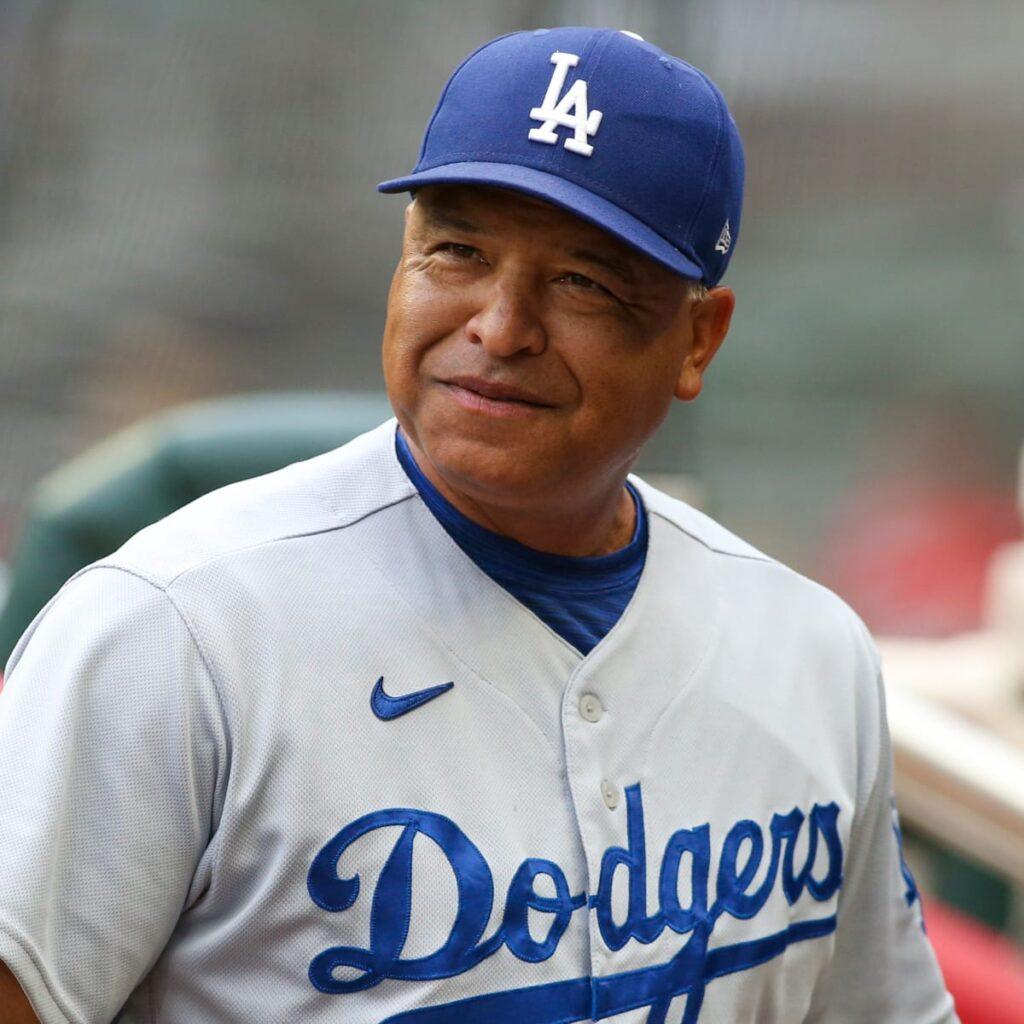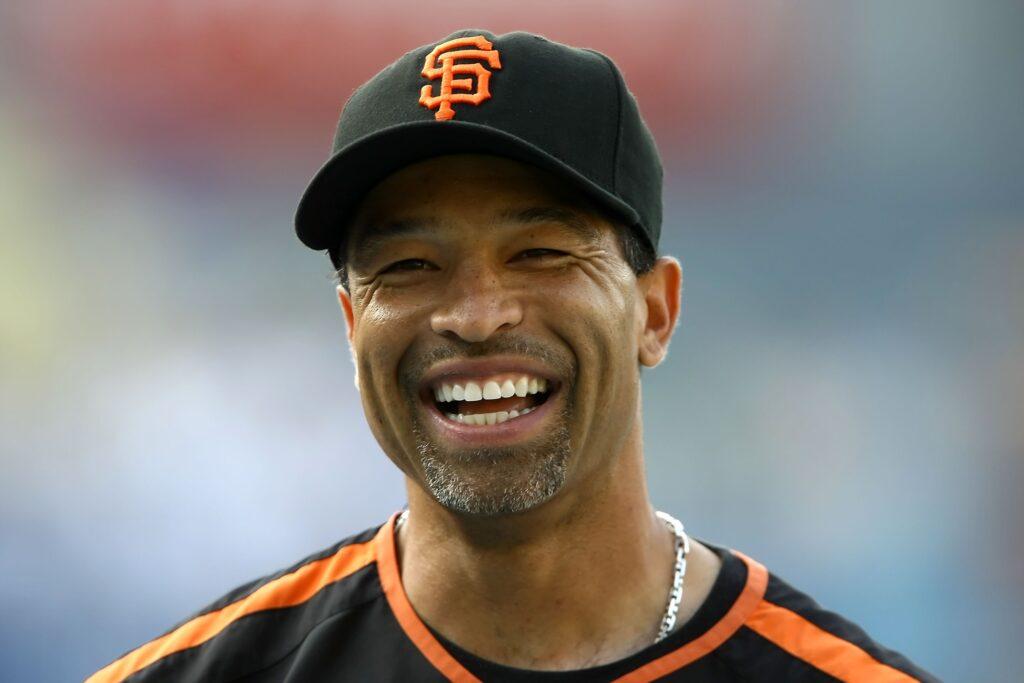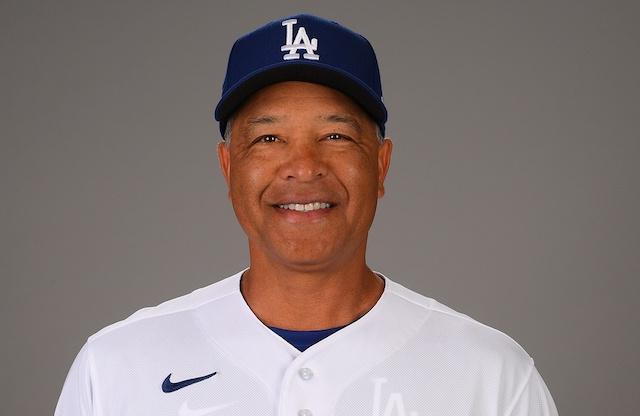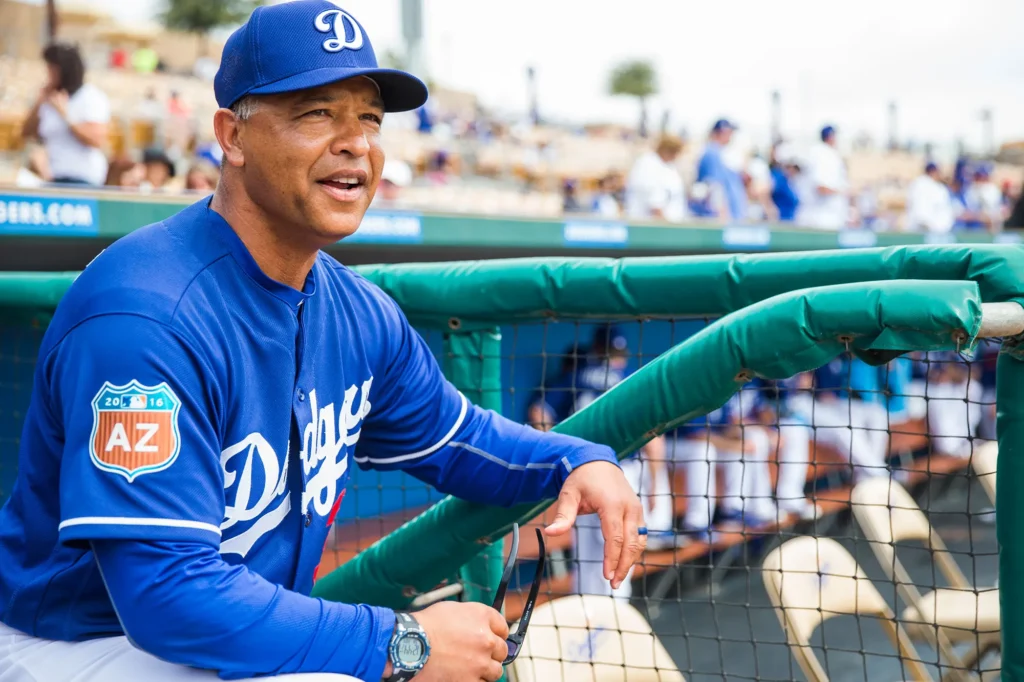Dave Roberts Ethnicity, Wikipedia, Wiki, Steals Second, Daughter, Kids, Son, Family, Stats, Salary
Dave Roberts Ethnicity, Wikipedia, Wiki, Steals Second, Daughter, Kids, Son, Family, Stats, Salary – Dave Roberts, born on May 31, 1972, in Naha, Okinawa, Japan, has had an incredible journey from his early years to becoming the manager of the Los Angeles Dodgers in Major League Baseball (MLB). Let’s take a closer look at his life, career, and the path that led him to where he is today.

Dave Roberts Early Life and Education
Growing up in San Diego, California, Dave Roberts was a standout multi-sport athlete during his time at Rancho Buena Vista High School. He wasn’t just limited to one sport; he excelled in baseball, basketball, and football. Many schools expressed interest in him for his football skills, but he chose a different path, one that would lead him to a career in baseball.
Dave Roberts enrolled at the University of California, Los Angeles (UCLA) and earned a spot on the UCLA baseball team as a walk-on outfielder. His determination and skills didn’t go unnoticed, and he soon began to make his mark.
Minor League Career
Dave Roberts’ journey to the big leagues started in the minor leagues. In 1993, during his junior season at UCLA, the Cleveland Indians selected him in the 47th round of the MLB Draft. However, Roberts decided to continue his college career and returned to the Bruins for his senior season. It wasn’t until the following year, in the 28th round of the 1994 MLB Draft, that he was picked up by the Detroit Tigers.
His professional career began with the Jamestown Jammers, the Tigers’ Low-A affiliate, later in the same year. In his 54 games with the Jammers, he demonstrated his talent by hitting .292, stealing 12 bases, and impressively drawing more walks (29) than strikeouts (27).
Over the next few years, Roberts worked his way up through Detroit’s farm system, playing for their High-A and Double-A affiliates from 1995 to 1998. In 1998, he was traded to the Cleveland Indians, a significant moment in his career.
Major League Career Begins
Dave Roberts made his MLB debut on August 7, 1999, against the Tampa Bay Devil Rays. In that game, he collected three hits in five at-bats and stole a base. During his first season in the majors, he played in 41 games for the Indians, batting .238 and stealing 11 bases.
Over the next couple of seasons (2000-2001), Roberts moved back and forth between Triple-A and the Major Leagues. In December 2001, he was traded to the Los Angeles Dodgers for a couple of Minor League players.

Roberts quickly became a key player for the Dodgers in 2002, serving as their primary center fielder. He posted a .718 on-base plus slugging percentage (OPS) and stole an impressive 45 bases across 127 games. His speed and versatility in the outfield made him a valuable asset.
On July 31, 2004, a significant moment occurred in Dave Roberts’ career when he was traded to the Boston Red Sox. Little did he know that this trade would lead to one of the most memorable moments in postseason history.
The Steal Heard ‘Round the World
Dave Roberts made an indelible mark on baseball history during the 2004 American League Championship Series (ALCS) while playing for the Boston Red Sox. In Game 4, with the Red Sox trailing the New York Yankees by a run in the bottom of the ninth inning and facing elimination, Roberts was called upon as a pinch-runner.
His mission was clear: steal second base. And he did just that, swiping second off legendary Yankees closer Mariano Rivera. Roberts’ daring move paid off when he scored the tying run on an RBI single by Bill Mueller. The Red Sox went on to win that game in 12 innings, sparking an incredible comeback against their arch-rivals.
This stolen base is often referred to as “The Steal Heard ‘Round the World” and is considered one of the most iconic moments in baseball history. It set the stage for the Red Sox to break their 86-year championship drought, as they went on to sweep the St. Louis Cardinals in the World Series.
While Dave Roberts didn’t appear in any World Series games that year, his role in that fateful ALCS game will forever be etched in baseball lore.
Continuing His Career
After his time with the Red Sox, Dave Roberts spent two seasons with the San Diego Padres and then moved on to the San Francisco Giants for another two-year stint. Throughout his 10-year MLB career, he compiled a batting average of .266 and swiped an impressive 243 bases.

Transition to Coaching and Managing
Dave Roberts’ baseball journey didn’t end with his playing career. In 2011, he transitioned into coaching when he was hired by the San Diego Padres as their first base coach. He later earned a promotion to bench coach and remained with the Padres until 2015.
In November 2015, a new chapter began for Dave Roberts as he was named the manager of the Los Angeles Dodgers, becoming the 32nd manager in franchise history. This marked the start of his managerial career in the big leagues.
Success as Dodgers Manager
Under Dave Roberts’ leadership, the Los Angeles Dodgers achieved remarkable success. In his first season as manager in 2016, he guided the team to a 91-71 record and a National League West division title. His impressive debut season earned him the BBWAA National League Manager of the Year honors. Roberts joined Tommy Lasorda (1977) as the only rookie managers in franchise history to lead the Dodgers to a division title.
The Dodgers continued to excel in Roberts’ second season as manager in 2017, winning a then-franchise record 104 games. They reached the World Series for the first time since 1988 but fell short to the Houston Astros in a hard-fought seven-game series.
In 2018, despite a slow start, the Dodgers secured 92 wins and their third consecutive NL West title under Roberts’ leadership. They once again reached the World Series, but this time they were defeated by the Boston Red Sox in five games.
Roberts’ managerial prowess continued in 2019 when he guided the Dodgers to a franchise-best 106 wins and their fourth straight NL West title. He became the first manager in MLB history to lead his team to division titles in each of his first four full seasons at the helm.
Before Roberts took over in 2015, the Dodgers had never won three straight division titles in franchise history. However, under his guidance, they accomplished this feat and extended their streak to seven consecutive NL West titles.
A Promising Young Player
In a recent game, Dodgers pitcher Kyle Hurt had a remarkable MLB debut. He arrived at Dodger Stadium just 25 minutes before the first pitch, but this didn’t faze him. In the eighth inning, he faced some of the toughest batters in the league, including Fernando Tatis Jr., Juan Soto, and Manny Machado. Remarkably, he retired all three of them in order.
Hurt continued his impressive performance in the ninth inning, striking out the side in order. It was a perfect debut, with six up, six down, and three strikeouts. His performance left fans and analysts impressed, but it raised questions about his future with the team.

Social Media Accounts
| Click Here | |
| Click Here | |
| Click Here |
Who is Dave Roberts’ Wife?
Dave Roberts, the well-known manager of the Los Angeles Dodgers, is married to Tricia Roberts. Tricia isn’t just his life partner; she’s also a co-founder of a wine company, a philanthropist, and a dedicated mother.
What Ethnicity is Dave Roberts?
Dave Roberts has a unique background. He’s of mixed heritage, being half-Japanese and half-African American. This diverse heritage has shaped his perspective and identity. It’s an important part of who he is, and it’s reflected in his life and career.
What is Dave Roberts’ Record?
Dave Roberts has had an impressive career as a manager. He has led the Dodgers to great success, winning the National League West six times, securing three pennants, and clinching one World Series title. His managerial record is outstanding, with a winning percentage of .626, making him one of the most successful managers in MLB history (with a minimum of 315 games). If we were to extrapolate his winning percentage over a full 162-game season, it would mean an astonishing 116 wins.
Read More Bio








